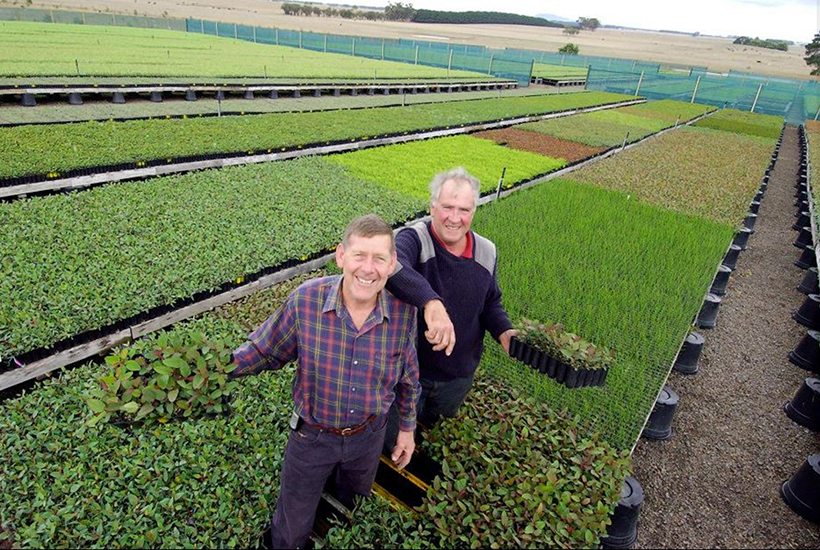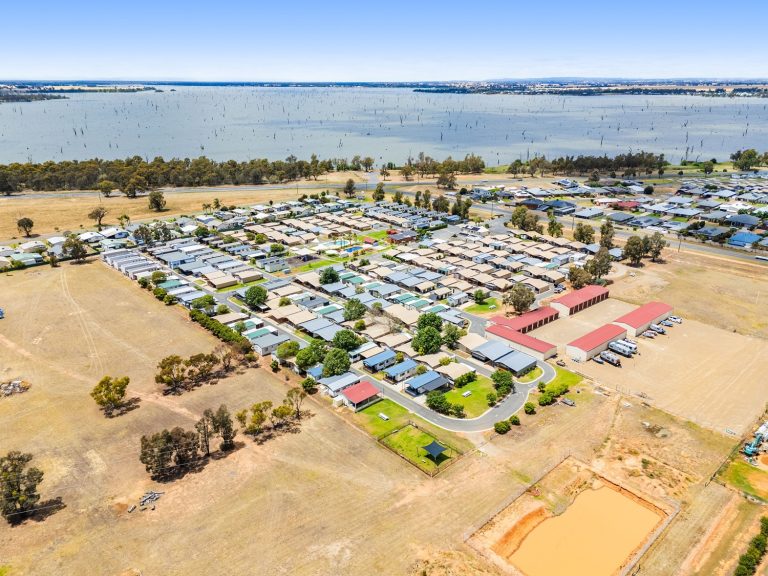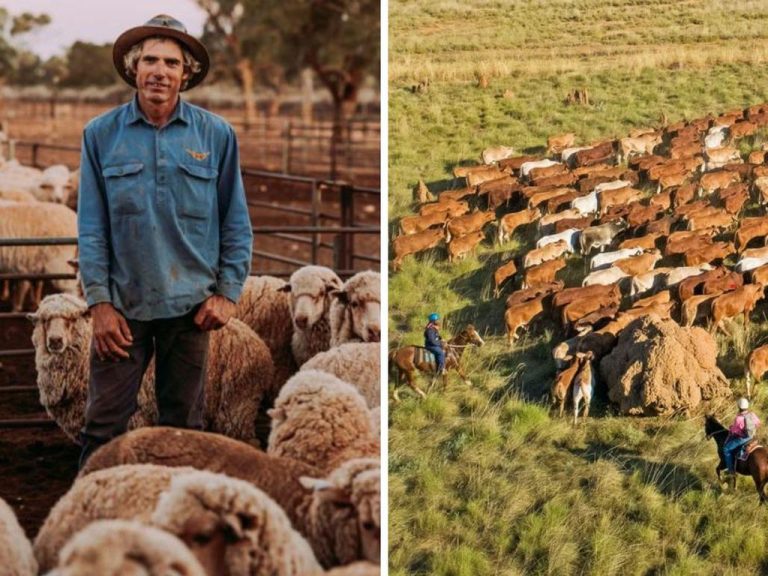Farm offers buyers a chance to get into Manuka market

The sale of a leading horticultural business is offering buyers a chance to break into the lucrative Manuka honey industry.
ERA Nurseries, based in Hamilton in Victoria’s Western District, specialises in a range of Australian native plants, but it is their position as the nation’s leading producer of bio-active Leptospermum seedlings that has potential buyers buzzing.
Manuka honey, which studies show is linked to helping the body fight infection and heal wounds, is produced by bees that forage on Leptospermum trees. Demand for the natural elixir is outstripping supply globally.
In 2015, as awareness of Manuka honey’s medicinal value started to rise, ERA Nurseries’ co-owners Ted Allender and Peter Sandow decided to increase their Leptospermum seedling production and invest in research and development.
“We take the view that anyone who is serious about putting in an industrial scale plantation will want to use the best genetics that they can get their hands on, and that’s with us,” Mr Allender told realcommercial.com.au.
“We have been breeding these plants since 2015. What we have now is some genetics that nobody else has, so we have a huge advantage in the market,” he said.

The property’s equipment has been valued at about $1.8 million. Picture: realestate.com.au/buy
Set on four hectares, the nursery has equipment valued around $1.8 million, a transferrable 10 megalitre water licence, and three million Australian native plant seedlings. As well as the on-site business, ERA Nurseries runs an online store and a leading industry website on Leptospermum.
It’s this industry leadership that has ERA so well positioned to be a key player in the burgeoning Australian Manuka honey industry, says selling agent Michael Kerr, of Kerr Capital.
“Manuka honey is a hot industry and there is embedded expertise in this business that puts them ahead of others,” Mr Kerr said, adding that there had been international interest in the Hamilton property.
“We have had a conversation with someone in Europe, who was interested in accessing technology and IP about how we grow these seedlings not just for Australia, but other markets,” he said.
Mr Allender said the owners were happy to hear about the potential for further development.
“There’s a lot more work that can be done on the development of the genetics, and every inch you can gain there is worth a fortune,” Mr Allender said.
Conjunctional agents Mr Kerr and Anthony Stevens, from Elders Geelong, believe the pool of potential buyers includes land bank companies, developers and people in the horticultural industry seeking a treechange to a beautiful part of Victoria’s Western District.

ERA Nurseries is Australia’s leading producer of Leptospermum seedlings that are key to the production of Manuka honey. Picture: realestate.com.au/buy
The vendors, now in their 70s, are keen to sell their world-class nursery to someone who, in Mr Allender’s words, will “ramp it up to its capacity”.
The nursery currently grows three million Australian native seedlings a year, but has capacity to grow five million.
In addition to the four large-scale Leptospermum plantations it supplies, ERA’s customers include forestry companies, road and land developers and eucalyptus oil producers.
Contemplating just how lucrative the Australian Manuka honey industry could become in years to come, Mr Allender points to New Zealand. In the last decade it has built a billion-dollar industry from the plant it once classified as a noxious weed. But production is dependent on plantation development and that’s where Australia has an advantage, he said.
“The land in New Zealand is 10 times more costly than land in Australia. So here we have the genetics, we have the land, we have the water, we have everything we need and it can be run as a complementary agricultural activity,” he said.
“And there are many more species here in Australia than in New Zealand – we have 84 altogether, half of which are bio-active.”
According to an ABC report, the Morrison government this week expressed its hope that a workshop between beekeepers in both Australia and New Zealand could bring to an end the ongoing battle over use of the term Manuka to market the product globally.

The property is spread across four hectares. Picture: realestate.com.au/buy
Mr Sandow said in addition to supplying large-scale producers, the business received multiple calls every week from individuals wanting to “put their toe in the water” and try cultivating Leptospermum for Manuka honey supply.
“I’ve got 15,000 going to NSW to a guy who is putting them in as a trial, and 5000 going to another guy next week. There are a lot of people wanting to try and see how things go.”
The ERA founders’ vast horticultural knowledge will not be lost with the sale of their business. The new owners will receive a structured handover of intellectual property, operational expertise and business know-how; and an extended transition plan.
ERA Nurseries is for sale in the vicinity of $2.5 million via an expressions of interest campaign.







